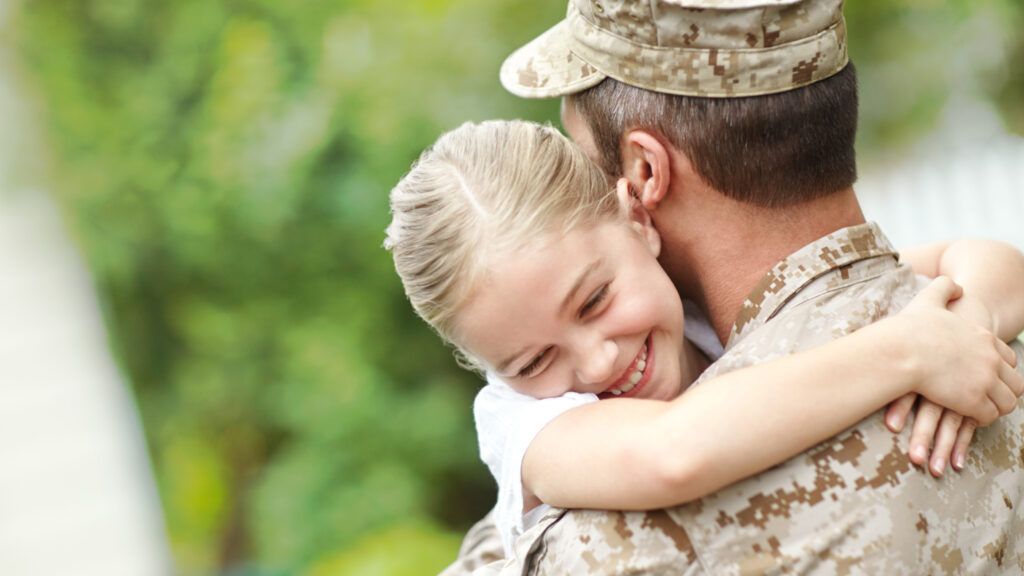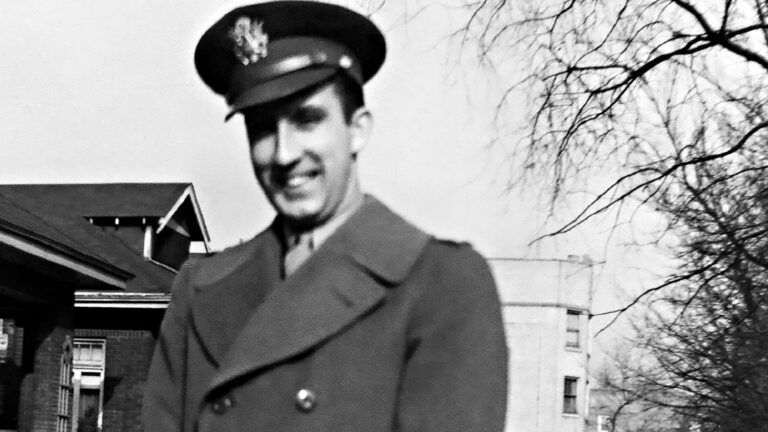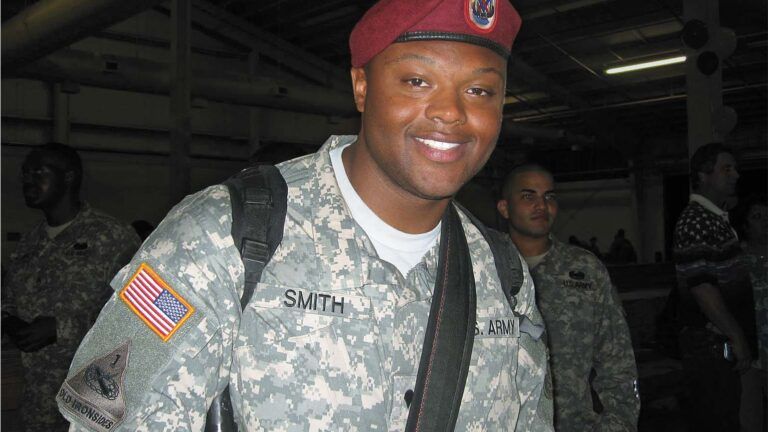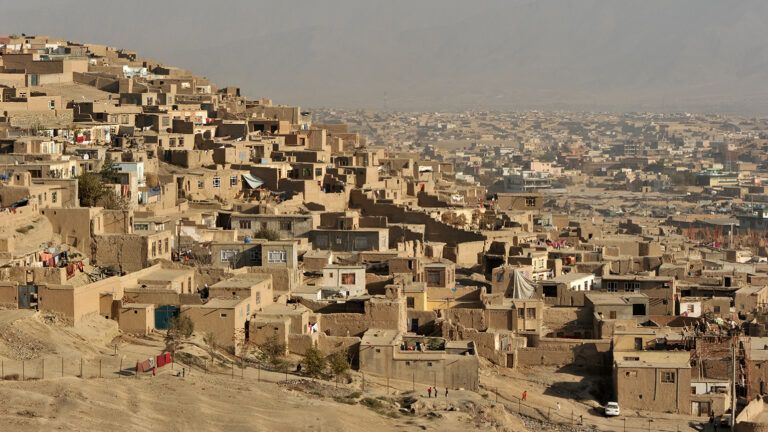Having someone we love in harm’s way is hard enough as an adult. For a child, it can prove overwhelming, and since April is Month of the Military Child, I’d like to share our family’s experience. While my husband didn’t serve in the military, my oldest son did, and it opened my eyes to how kids in military families are affected.
Our son’s first deployment was an eye-opening experience. There were the practical things we had to learn—how to fill out the correct forms to ship packages overseas, how to recognize his infrequent phone calls and memorizing his address code because people were always asking if they could send him something. There were also coping mechanisms we had to put into place to weather this challenging time.
But the hardest thing was how difficult this was for his younger brothers, knowing their brother was away at war. Truthfully, they hadn’t even been on my radar when I went down the list of people and things I needed to take into account. Even though his younger brothers were teenagers at home, they needed help navigating this new family dynamic.
Read More: Help Support the Guideposts Military Outreach
One of the best things I did was to let our military son know that his brothers were struggling. He immediately reached out to them and made it a point to include them when he sent letters home (they each got a personal letter every time). And he divided his phone calls among his fiancé, his brothers and us.
The phone calls were tough at first because of the time difference. Our sons were in school during the times he could make calls, and school policy was to not allow kids to take calls. So I made an appointment with administrator to see what could be done. They immediately made an exception for us. When a call came from their brother, my sons were allowed to quietly slip out of class and take the call in the hallway.
This concession helped almost immediately. Both boys began to relax into the new family rhythms, helped by hearing from their brother.
I encourage you to look around at the military families in your community. Find those who have loved ones who are serving and don’t just reach out to the adults. Take time to show the kids how much you appreciate their family roles.






